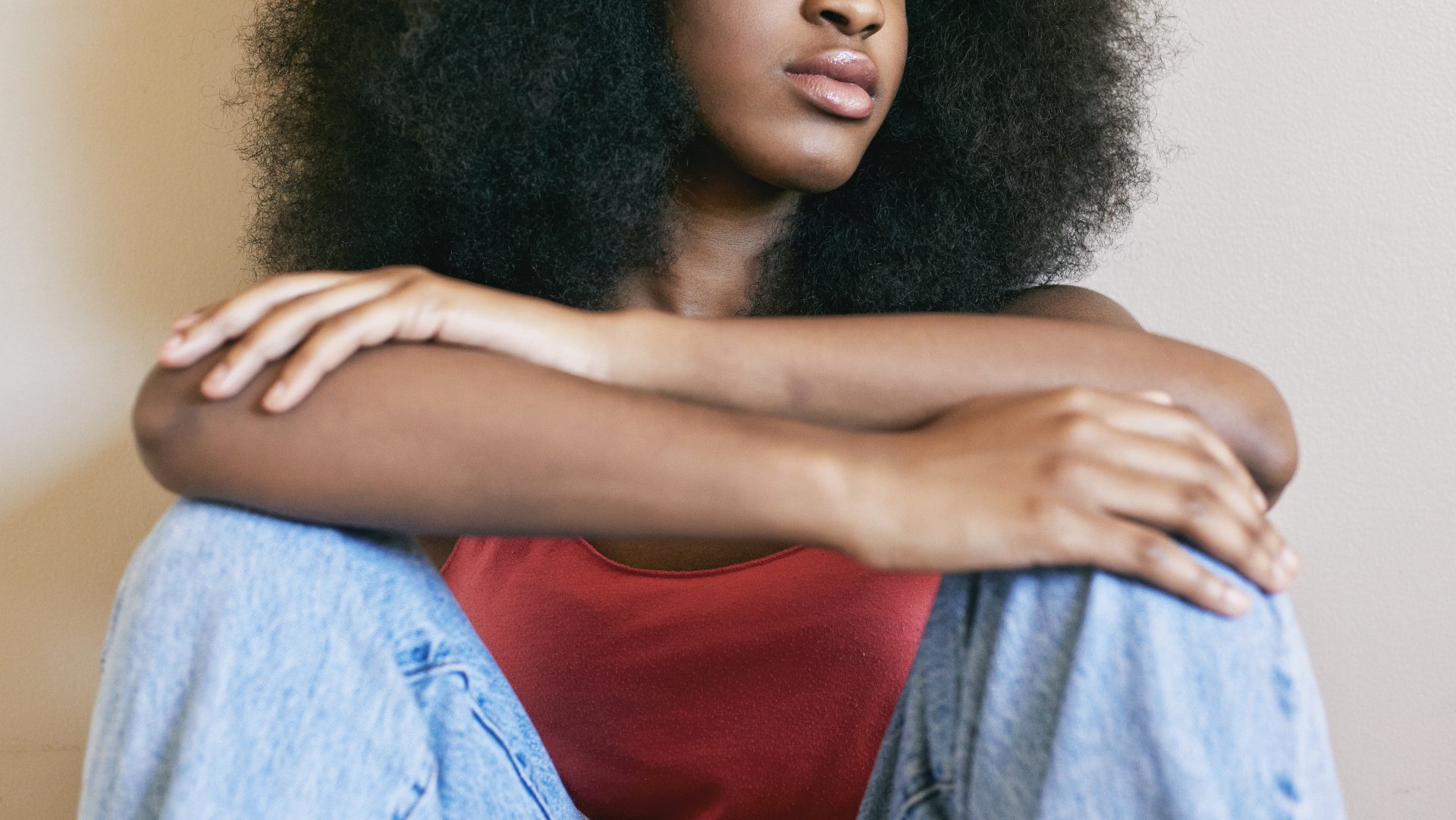
Photo: Peter Griffith/Getty Images
According to a recent study published in the Nursing Research journal, Black women may experience depression symptoms that are “poorly recognized and undertreated” within the larger medical community.
The study focused on data from 227 African American women and was centered on “explor[ing] depressive symptom phenotypes” within this demographic. Through the research, it was found that, as opposed to more trademark symptoms, Black women can experience higher levels of self-criticism, sleep disturbances, and irritability, per NYU.
Regarding these findings, Lauren Carson—founder of a mental health nonprofit called Black Girls Smile—noted that her experience with patients supports the conclusion.
“We are more likely as Black women and girls to experience what’s called psychosomatic symptoms, so manifesting stress, anxiety or trauma in our bodies.”
Additionally, she shared that Black women dealing with depression or anxiety experience migraines, gastrointestinal problems, and muscle tension at higher rates than other demographics.
“A lot of the information that we receive when it comes to diagnosing…Doesn’t always fit these marginalized demographic groups.”
So, commonly-accepted symptoms of depression aren’t exactly the same across the board.
As a result, Dr. Nicole Perez, lead author of the study, noted, “It’s possible that health care providers may miss depression symptoms in Black women, resulting in underdiagnosis and undertreatment.”
“My hope is that these findings contribute to the growing dialogue of how depression can look different from person to person and raise awareness of the need for more research in historically understudied and minoritized populations.
Perez continued, sharing that action needs to be taken “so that we can better identify symptoms and reduce missed care and health disparities.”
In addition to exploring disparities between symptoms, an explanation about why some of these differences occur was offered. Specifically, the study was sure to shed light on how expectations for Black women to be “strong” can lead depression to manifest as self-criticism and people-pleasing.
Meghan Watson, founder of the Bloom Psychology & Wellness center in Toronto, observed, “It’s not emotionally safe to simply be sad or hopeless, which are some of the hallmark symptoms of depression.”
“I think a lot of the reasons I attribute [people-pleasing] to depression is that from my understanding in talking to Black women regularly, it’s not emotionally safe to simply be sad or hopeless, which are some of the hallmark symptoms of depression.”
What do you think about these findings?